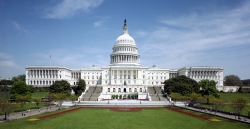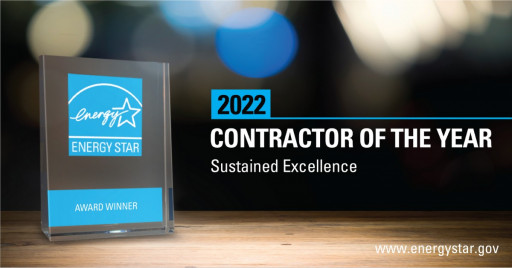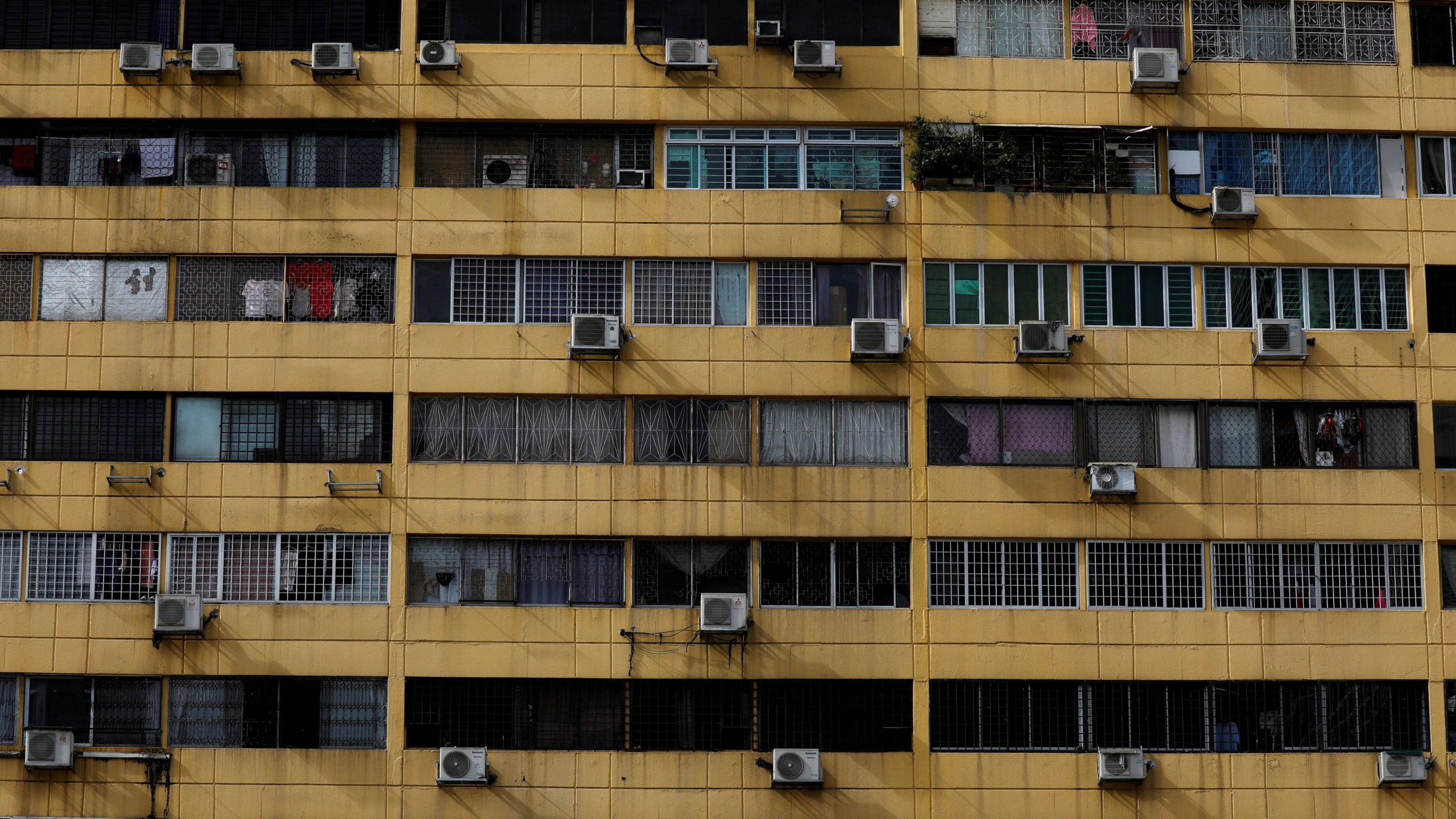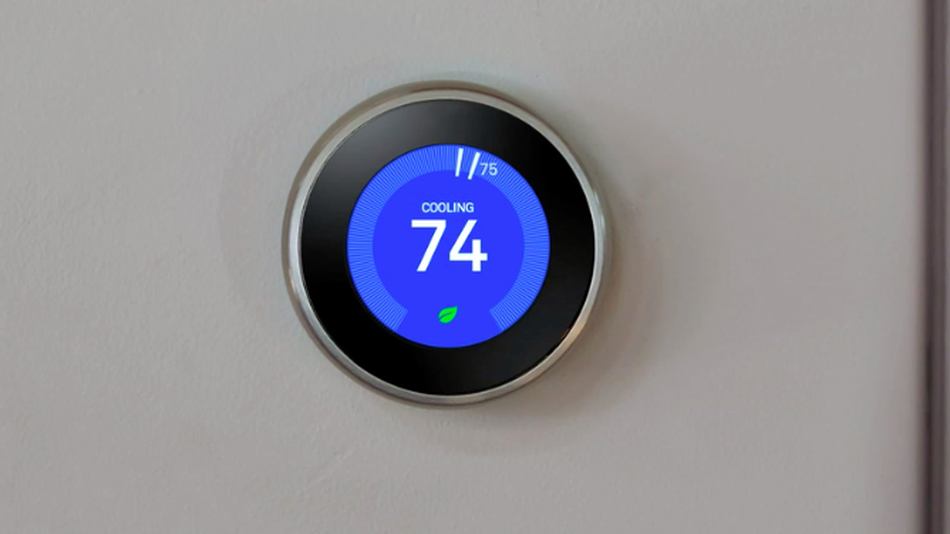[Blog] BPA Urges Congress to Advance Energy Efficiency in Buildings to Address the Climate Crisis
Energy Disrupter

Contact: Kara Saul Rinaldi
Email: kara.saul-rinaldi@building-performance.org
Phone: (202) 276-1773
The Building Performance Association Urges Congress to Advance Energy Efficiency in Buildings to Address the Climate Crisis, Create Jobs, and Improve the Lives of Americans
October 17, 2019, Washington, DC – Today, the House Select Committee on the Climate Crisis holds a hearing titled “Solving the Climate Crisis: Cleaner, Stronger Buildings” focused on reducing carbon pollution and improving resilience in residential and commercial buildings across the nation. The Building Performance Association (BPA) strongly urges Congress to act to advance energy efficiency in buildings by maintaining robust funding for important federal energy efficiency programs and passing legislation that will enable more American families and businesses to access efficiency upgrades.
“Energy efficiency is a key strategy for both reducing carbon emissions and improving the lives of Americans,” Kara Saul-Rinaldi, Vice President of Government Affairs, Policy, and Programs for the Building Performance Association, said today in her testimony before the House Select Committee.
Legislation that advances energy efficiency in buildings, especially residential buildings, provides numerous benefits in addition to energy and pollution reductions: supporting small businesses and creating jobs across America, strengthening the durability and resilience of buildings, improving health and comfort, and increasing energy affordability.
The buildings sector is responsible for nearly a third of all U.S. greenhouse gas emissions. While buildings are a significant contributor to our climate crisis, they can also be a key part of the solution. With an aging building stock across the country we have only scratched the surface on investing in energy efficiency improvements. Congress can address barriers to retrofitting these existing homes and buildings and advance energy efficiency across the entire buildings sector by supporting workforce development and training, providing incentives for homeowners, and ensuring that building efficiency is part of any conversation on clean energy and climate.
“Policies aimed at retrofitting the over 115 million homes across the country will not only help reduce carbon emissions from the nation’s residential building stock,” Saul-Rinaldi said. “But will also help homeowners save money on their monthly utility bills and improve the comfort, health, safety, and resiliency of their homes while also being an engine for job growth and economic opportunity.”
Watch a recording of the testimony here: https://www.youtube.com/watch?v=N01_ENDebGM&feature=player_embedded
###
The Building Performance Association is a membership-driven industry association dedicated to advancing the home and building performance industry through advocacy, education, programs, and publications. www.Building-Performance.org

















